There’s Always a Catch: Is It Unconstitutional to Regulate Social Media?

Image Via Elena Lacey
Social media has become the world’s unregulated town square. Anyone with an internet connection can reach a person across the globe; they can make a new friend or insult someone over their favorite book. The internet has done wonders for communication and has created spaces for people with common interests to come together. However, not all communication is positive.
Talking to someone over a screen eliminates the personability of a normal, face-to-face conversation. In real life, the other person is visible, and there is a face to put to the name; their expressions and feelings are clear and displayed with their eyebrows or their mouths. Online, being mean is easier. According to KQED, “This phenomenon is known as the online disinhibition effect… being online lowers your inhibitions. This often results in people either behaving meaner, or opening up more online than they normally would in face to face conversations.” Shockingly, 44% of all internet users report they have faced some type of online harassment as of January 2020 (Security). Trolls, a species of internet user that derives pleasure from attacking and baiting others via outlandish and, most of the time, offensive remarks are rampant on apps like Twitter and Tik Tok.
The negative effects of social media aren’t limited to cyberbullying, either. Misinformation spreads like wildfire on platforms where polarization gets clicks. A user can make up anything they want and tweet it to their followers, who will most likely believe them; they were following that account for a reason. The chain continues, and soon it has hundreds of likes. Being extreme online is also promoted. There’s no gray area left; everyone is either fundamentally bad and has no chance of rebuilding their reputation, or so perfect they could never slip up.
Therein lies the question: should it be regulated? The answer seems obvious. If social media is harmful, it should be fixed. However, there’s been debates on the ethicality of policing what users say on their personal accounts.
The United States’ First Amendment promises all citizens freedom of speech. This right is one of the most important, and valued, in the country, as it prevents authoritarian leaders from ensuring only their good side is shared. If social media is an extension of free speech, then it would be unconstitutional to try and regulate it. However, if it does more harm than good, should the government step in?
The internet is fairly new, so there isn’t much national legislation passed or rules in place that help ease this issue. Individual platforms are allowed to set their own guidelines, or “terms of service,” and can ban accounts that violate them; most decisions are up to the companies in charge. For example, Elon Musk’s goal when purchasing Twitter was to loosen the platform’s TOS (Terms of Service) to make it more “freedom of speech” friendly. This loophole, of sorts, is how sites like Parler (an alt-right social network that prided itself on allowing users to say anything they wanted) and 4Chan (a collection of forums comprised of fully-anonymous posters that can, similarly, say whatever comes to their heads, without anyone knowing who they are) are able to operate.
These platforms specifically are a more extreme source of concern. 4Chan is dangerous: misogyny, racism, and violence are accepted with open arms, and the government has made little action to prevent it from continuing. The argument for Parler’s creation was, once again, tied back to the First Amendment. Facebook was cracking down on users and began flagging posts for misinformation, and in some cases deleting or banning especially outrageous content. At the same time, Trump was permanently banned from Twitter. Users were angry, citing these instances as proof their right to free speech was endangered, and fled to a new site that promised complete freedom.
If companies choose to regulate their platforms more aggressively, their audience will move to a different, secluded site. Therefore, the system America has now, giving the company control over their rules, doesn’t seem to be working. People will always find an alcove of the internet that supports them. This means that if there is going to be a change, it needs to come at a national level.
To quote Enlightenment thinker, Voltaire, “I disapprove of what you say, but I will defend to the death your right to say it.” Many believe this applies to the chaos of social media, as they argue the government should have no power over what citizens say in their free time, on their own accounts. Therefore, it’s an infringement on the First Amendment to try and regulate free speech, even if this free speech seems to be threatening the future of our country and harming citizens across state lines. Even if it sways elections, promotes violence, and erodes teenager’s mental health. Maybe, the First Amendment needs amending.
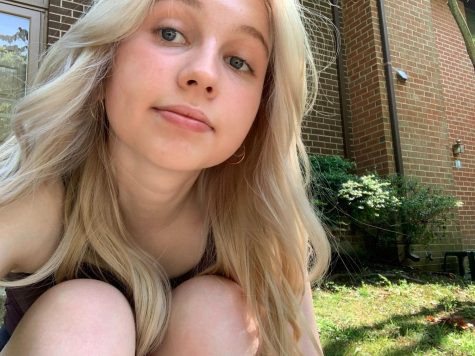
Sophia Paradowski is currently a sophomore at South Lakes High School. This is her first year writing for The Sentinel and she is looking forward to being...


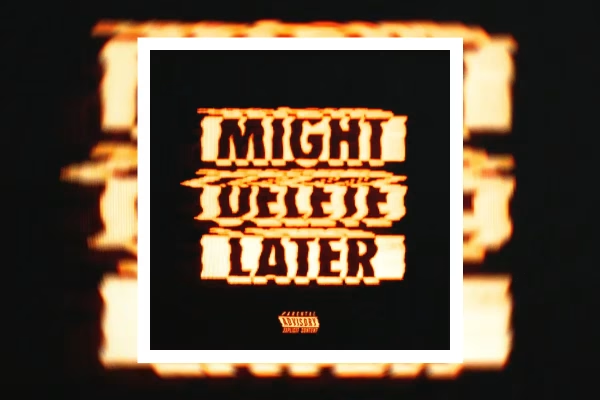
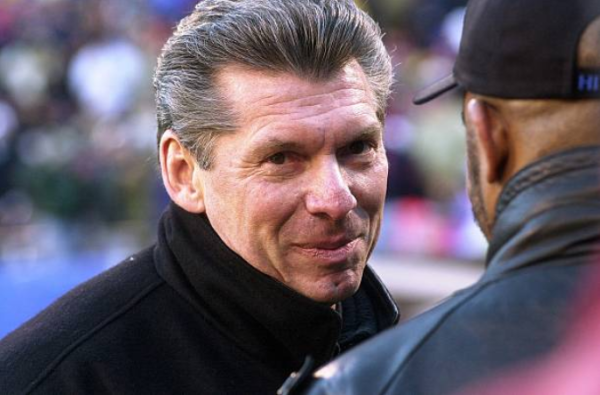

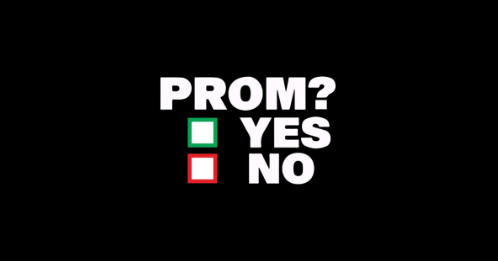



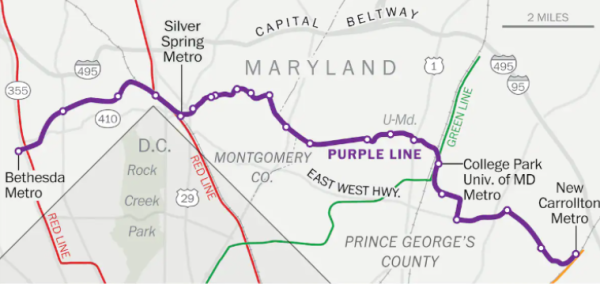




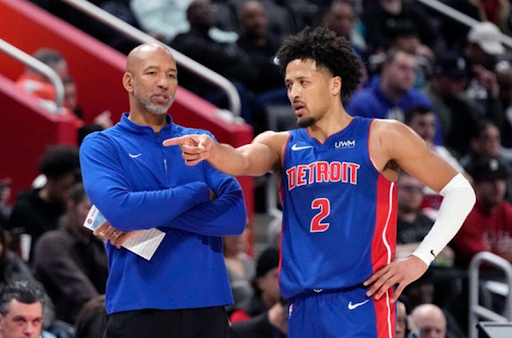
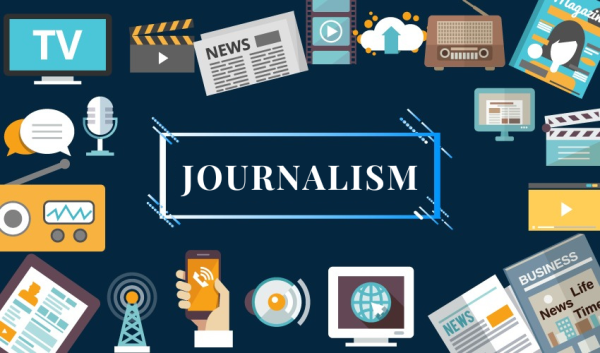
![JPEGMAFIA & Danny Brown — Scaring The H*es (Video-Game/Album Cover) [CENSORED]](https://www.southlakessentinel.com/wp-content/uploads/2023/12/SCARING-THE-H0ES-VIDEO-GAME-COVER-600x401.jpg)